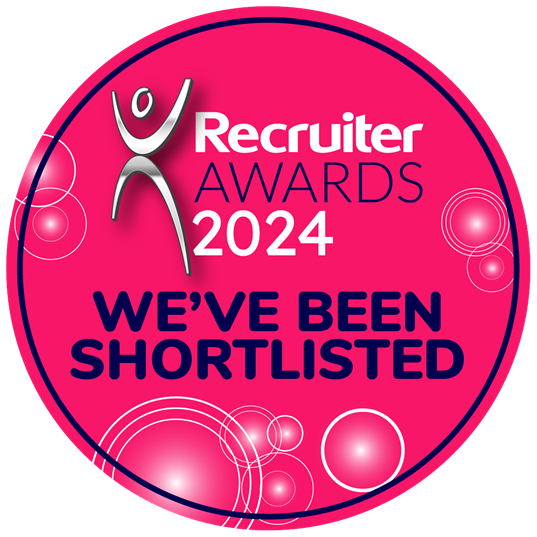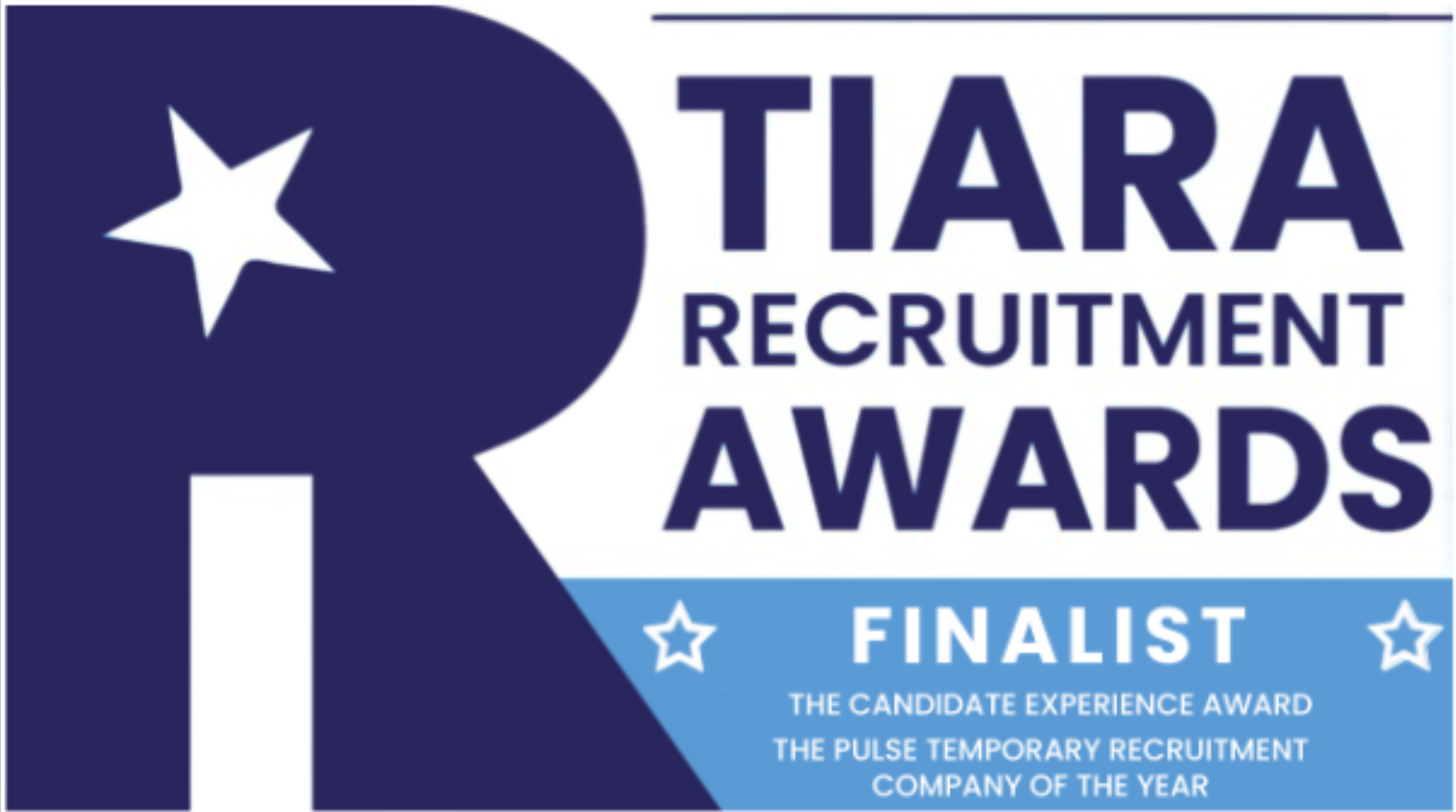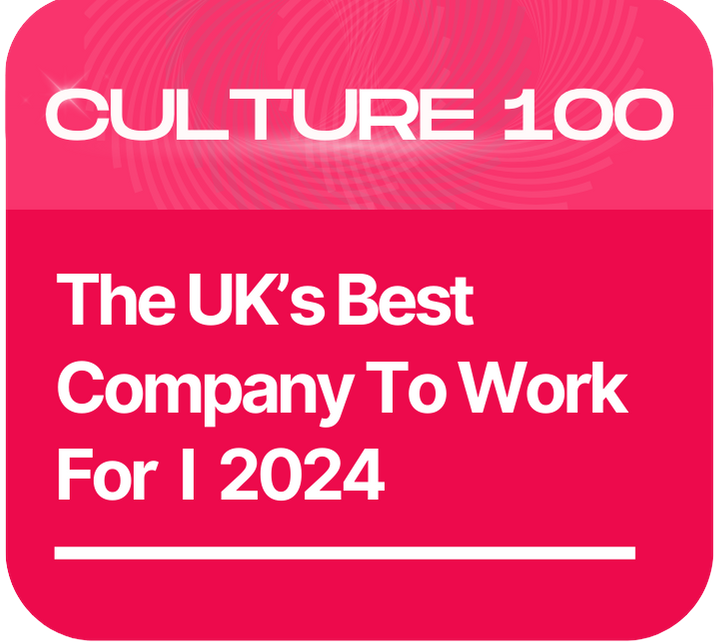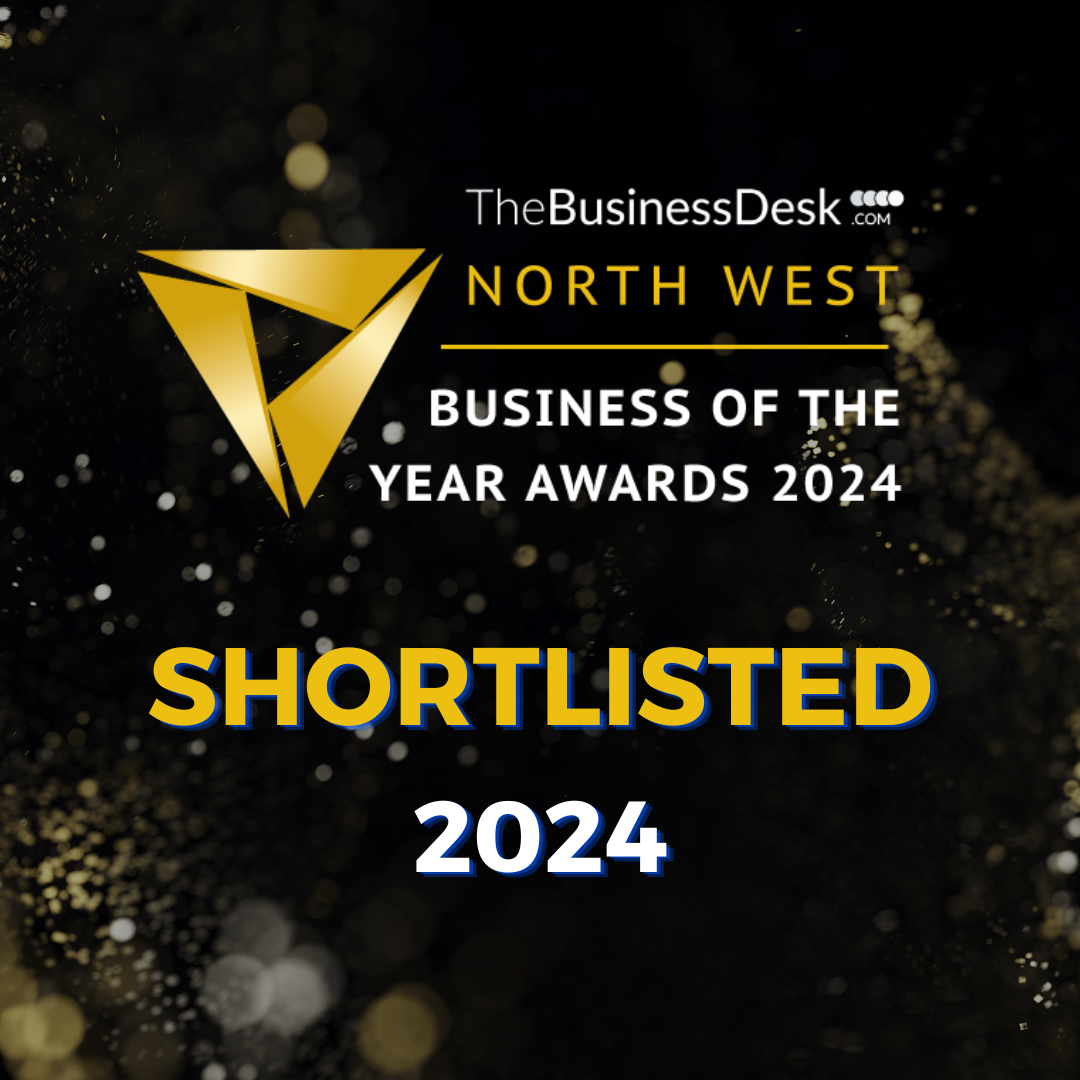The Importance of First Impressions in Business: Why Likability Matters

How do you become a successful business person? Hard work is certainly a requirement. There is no doubt that they have to have a risk appetite. A determination to succeed and resilience to setbacks is essential. Is likeability a factor? In short, yes, but let’s find out why.
One of the reasons why first impressions are so important is that they last well beyond the moment when they are made. As a result of something called the primacy effect, when someone experiences something before other things in a sequence, the first thing is remembered more. First impressions play a major role in how your clients and candidates perceive your business. If you don’t leverage them correctly, they might have the wrong impression. If they have negative interactions with you or another employee it might be the only thing that sticks with them. The power of momentum cannot be understated. It’s harder to stop you when you gain momentum, whether it’s in technology, transportation, or psychology. Building positive relationships with clients & candidates and making excellent impressions right away can lead to something extraordinary.
According to the primacy effect from earlier, clients & candidates will be more apt to forgive your company if they encounter a negative experience during their journey with you. After years or months of building momentum, it’s much harder to reverse it. Many consultants have grown up believing “nice guys finish last,” that business is no place for the weak, and, therefore, you have to put on a tough exterior to succeed. Attitudes are changing, and qualities such as empathy, understanding, and self-awareness are becoming increasingly valuable.
The foundation of any business is building relationships, and first impressions are crucial.
When it comes to business, it matters how you come across, whether you’re trying to secure funding, make a sale, convince talent to come and work for you, or, indeed, in any aspect where you’re dealing with people. It used to mean you had to have a serious, no-nonsense personality, but now people want to feel confident and comfortable in your company. Your personality is arguably your most valuable asset. As the old sales adage goes, “people buy people.”
The EQ chart is a good indicator of your ability to attract business. People will want to work with you if you score highly on it. Likeability is a skill that can be developed, contrary to popular belief.
Therefore, it has nothing to do with personality, or whether you’re shy or gregarious. To succeed, you need to be able to recognise and control your emotions, as well as to understand and influence others’ emotions. The potential for that to give you an edge in business is obvious. Researchers have focused on four key areas in the study of emotional intelligence: self-awareness, self-management, social awareness (awareness of others) and social skills (management of relationships). Emotional competencies or attributes that help to make people likeable can be developed by identifying and developing these four pillars of emotional intelligence.
The Development of Self-awareness
When you are self-aware, you can recognise when your actions, thoughts, or emotions are in alignment with your internal standards. Having high self-awareness allows you to evaluate yourself objectively, manage your emotions, align your behaviour with your values, and understand how others perceive you. Furthermore, it involves a realistic view of your abilities and a healthy sense of self-esteem.
Successful business people are usually found that they possessed high levels of self-awareness, particularly in understanding their strengths and weaknesses. Having self-awareness allows you to identify and assess your feelings objectively, giving you a sense of self-confidence. As a result of that ability to assess situations realistically, you are also able to solve problems effectively.
The Ability of Self-management
An important component of a successful consultant is trustworthiness. Researchers studied 161 successful entrepreneurs and found that they scored particularly high in the area of self-management. The highest-ranking competency was trustworthiness. It may be difficult for consultants to deliver results without building and maintaining trust. By strengthening your self-management skills, you will be able to build greater levels of integrity and honesty, which will lead to wider networks and a greater sense of trust.
Researchers have found that consultants who master self-management can maintain high standards of honesty, develop conscientiousness, and manage disruptive emotions effectively. Additionally, self-management includes the ability to adapt and innovate, which are essential qualities as a business grows and changes, to avoid distractions and delay gratification.
A University of Glasgow study shows that people judge a person’s trustworthiness after hearing their voice for just a few hundred milliseconds. Make sure you’re prepared because you don’t have much time. You can gain the edge by learning what makes you likeable and trustworthy.
In entrepreneurial terms, likeability includes the qualities of openness, transparency, trustworthiness, and reliability. It also includes magnetism and a sense of curiosity for others. As a result, networks and alliances are formed and built, persuasiveness is exercised, credibility is gained, and talent is attracted and retained.
Researchers suggest that an individual’s emotional intelligence (EQ) plays at least as big a role as their general intelligence and technical skills when it comes to business success – some even suggest it plays a double role. As well building alliances, increases perceptions of reliability, dependability, and trustworthiness.
The Key to Social Awareness and Empathy
In addition to being sensitive to others’ needs and emotions, social awareness influences organisational awareness and service orientation. Business leaders can gain a deeper understanding of what motivates people when they possess this competency as it allows them to understand other people’s viewpoints.
For years, researchers have known that empathy is directly linked to success and that those who are capable of identifying others’ emotions are more likely to succeed both at work and in social settings. Reading people’s body language and listening to their voices can help us better understand their emotions and adapt our behaviour accordingly.
EQ’s role in business
Developing EQ skills are crucial to a consultant’s success as it governs influence, negotiation and persuasive skills. The ability to relate to others is fundamental to emotional intelligence. Among them is the ability to persuade others through effective diplomacy. Communicating effectively, leading effectively, and nurturing instrumental relationships are among social skills.
It is possible and highly desirable for those seeking to become successful consultants to develop and enhance their emotional intelligence. Academic studies are, by definition, based on the experiences of successful business people. Fortunately, consultants can enhance all of these aspects of business leadership by focusing on skills development and improving their focus. Using the four pillars can help consultants gain a deeper understanding of emotions and use them to enhance their business performance. When emotions are managed more effectively, better relationships can be formed, problems can be solved, credibility can be built and trust can be earned.
All of our consultants,
from entry-level to managerial level, receive bespoke career development training from our high-level expert trainer, to help each member of our team to develop their EQ and business management skills so they can deliver a better service to our clients and candidates. If you are looking to grow your career and receive some of the very best sales, business management & recruitment training then it would be a wise idea to join V7.
Explore Live Job Roles Here
Fire & Security Compliance Guide for 2026
GET IN TOUCH

